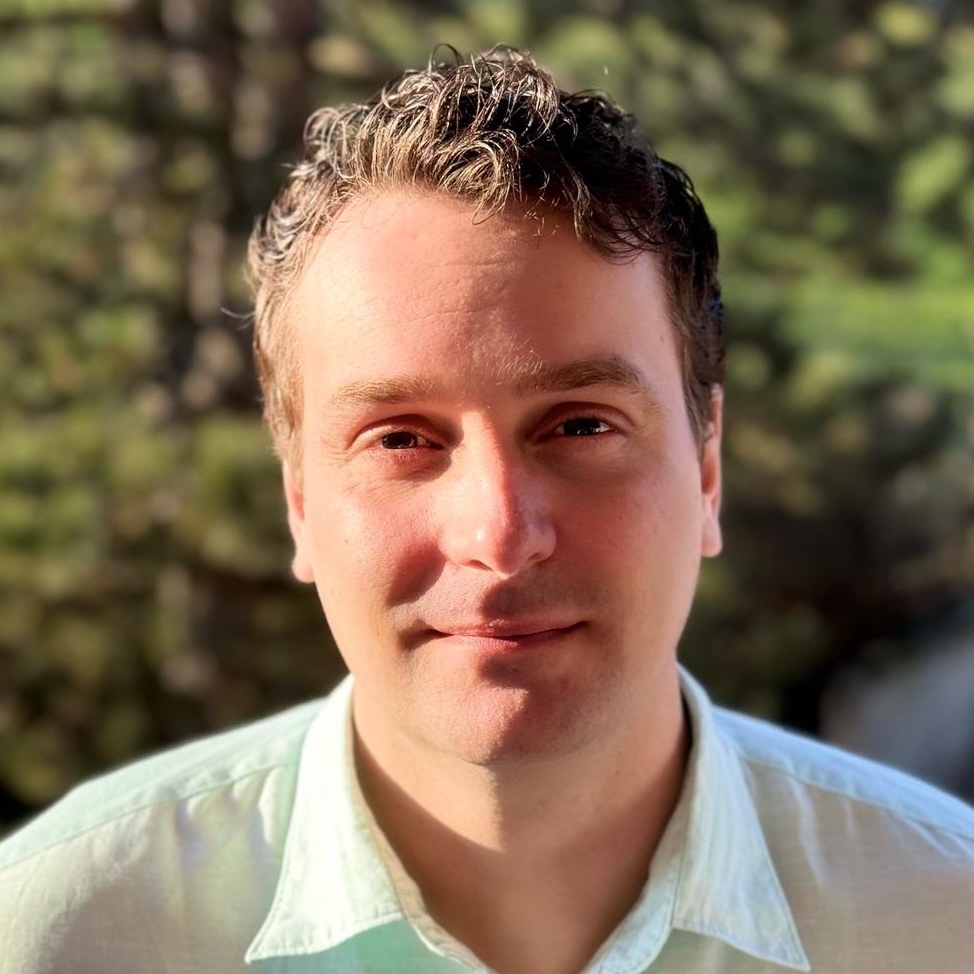Workshop Description
In the era of healthcare digitalization, the integration of smart technologies plays a crucial role in transforming patient care significantly. This workshop seeks to unite experts, researchers, and professionals across various disciplines to explore the latest innovations in smart health solutions. By fostering discussions, sharing insights, and encouraging collaboration, the workshop serves as a unique platform at the forefront of smart health technologies. The primary goals are to advance the field, contribute to the development of more effective and secure solutions, and address ethical considerations.
MOBILE & WEARABLE TECHNOLOGIES
Investigation of new smart health applications based on mobile and wearable technologies.
AI FOR HEALTHCARE
Novel techniques to optimize Artificial Intelligence models for digital health solutions.
DIGITAL PHENOTYPING
Iidentification of patterns, trends, and potential indicators related to mental and physical health.
This year, the workshop will expand its focus to include cutting-edge topics, such as the use of Large Language Models (LLMs) in digital health applications, addressing the challenges of integrating these models in real-time healthcare solutions. The workshop will also delve into critical areas like context-aware behavioral modeling, the use of AI for early diagnosis, remote monitoring, and decision support systems, as well as privacy and security concerns in health data. Participants will have the opportunity to discuss and share insights on a wide range of topics, fostering cross-disciplinary collaboration aimed at advancing the state of the art in smart health systems.
By engaging in discussions on these emerging topics, the workshop will contribute to the development of more efficient, reliable, and secure digital health solutions that are crucial for improving patient outcomes and revolutionizing healthcare delivery.
The 2nd IEEE Workshop on Digital and Mobile Smart Health Systems (DM-SMARTHEALTH 2025) will be held in conjunction with the 11th International Conference on Smart Computing (SMARTCOMP 2025) 16th - 19th June, 2025 in Cork, Ireland.
Workshop papers will be included and indexed in the IEEE digital libraries (Xplore).
For additional information, read the Call for Papers or visit the SMARTCOMP 2025 website.
Call for Papers
As the healthcare landscape undergoes a digital transformation, integrating smart technologies plays a pivotal role in revolutionizing patient care. This workshop aims to bring together experts, researchers, and professionals from different research fields to delve into the latest advancements in smart health solutions, addressing critical topics that span from context-aware behavioral models, smart healthcare applications based on mobile and wearable technologies, digital phenotyping, novel techniques to optimize and develop more robust and reliable Artificial Intelligence models for digital health solutions, up to ethical challenges and privacy/security issues. This workshop provides a unique platform for participants to engage in discussions, share insights, and collaborate on the forefront of smart health technologies. By exploring these diverse topics, we aim to advance the field, ultimately contributing to the development of more effective, secure, and ethical smart health solutions
Relevant topics include but are not limited to:
- Context-aware behavioral modeling techniques
- Innovative approaches for collecting, labeling, and validating multimodal health and behavioral data
- Novel smart health applications for early diagnosis, remote monitoring, and decision support systems based on wearable and mobile technologies
- Middleware solutions for smart health and care systems
- Decentralized architectures for mobile health solutions
- Federated, Distributed, and Personalized learning solutions for privacy-preserving smart health
- AI optimization techniques for smart and mobile health systems
- Digital phenotyping: identification of novel digital biomarkers from IoT and commercial smart/wearable devices
- Human-computer interaction solutions to support smart health applications
- Social interaction analysis from personal mobile devices and social media
- Synthetic data generation to support faster development of novel and robust AI solutions for digital healthcare
- Causal AI for healthcare and precision medicine
- The use of Large Language Models (LLMs) in digital health: Applications in patient communication, decision support, and predictive modeling
- Challenges of deploying LLMs in mobile health systems: Issues of data privacy, model accuracy, and real-time performance
- Novel explainable AI approaches to improve trustworthiness in digital healthcare systems
- Security, privacy, and ethical challenges in smart health applications
Papers including new datasets and clinical/on-the-field validations will be highly appreciated.
Submission and Registration
Authors are invited to submit technical or theoretical papers for presentation at the workshop, describing original, previously unpublished work, which is not currently under review by another workshop, conference, or journal. Papers should present novel perspectives within the general scope of the workshop.
Accepted workshop papers will be included and indexed in the IEEE digital libraries (Xplore).
Papers may be no more than 6 pages in length, including references. Papers above the page limits will not be considered for review or publication. All papers must be typeset in double-column IEEE format using 10pt fonts on US letter paper, with all fonts embedded. The IEEE LaTeX and Microsoft Word templates, as well as related information, can be found on the IEEE website.
Papers submission must be made via EDAS using the following link: https://edas.info/N33047.
It is a requirement that all the authors listed in the submitted paper are also listed in EDAS. The author section of EDAS will be locked after the workshop submission deadline to ensure that conflict of interest can be properly enforced during the review process. If the list of authors differs between the paper and EDAS, the paper may not be reviewed.
Each accepted workshop paper requires a full SMARTCOMP registration (no registration is available for workshops only) and in-person presentation. Papers that are not presented at the workshop will not be published in the proceedings.
IMPORTANT DATES
- Paper submission:
March 30, 2025(EXTENDED)April 14, 2025April 21, 2025 - Paper notification:
April 30, 2025(EXTENDED) May 2, 2025 - Camera ready deadline:
May 10, 2025(EXTENDED) May 12, 2025
Keynote
Towards Adaptive Multi-Parametric Wearables for a Personalized Healthcare
Dr. Jérôme Paul Rémy Thevenot and Prof. David Atienza Alonso, Embedded Systems Laboratory (ESL) of École Polytechnique Fédérale de Lausanne (EPFL)
Abstract
Wearable technologies are becoming increasingly widespread, especially with the integration of new AI and machine learning technologies, which allow them to target multiple domains.
This talk will discuss the challenges of adapting and personalizing general-purpose components in traditional medical sensing systems to create adaptive, multi-parametric wearable architectures.
This effort includes developing open-source frameworks with new accelerator modules within the final edge AI architectures, aimed at new domain-specific heterogeneous system-on-chip (SoC) platforms.
The lecture will cover the benefits and challenges of developing personalized SoC platforms for the next generation of wearable systems, as part of the efforts within the X-HEEP open-hardware SoC architectural template.
Finally, it will showcase how X-HEEP has been instrumental in enabling innovative start-ups, such as Sensemodi, to conceive the next generation of multi-parametric edge AI wearables targeting personalized healthcare.
SPEAKER PROFILE
Dr. Jérôme Paul Rémy Thevenot
Dr. Jérôme Paul Rémy Thevenot is a senior scientist at the Embedded Systems Laboratory (ESL) of École Polytechnique Fédérale de Lausanne (EPFL). His expertise spans biomechanics, biomedical engineering, medical devices, smart wearables, signal and medical image processing, prototyping, 3D modeling, and finite element analysis. Dr. Thevenot's contributions to the field are recognized through various awards and grants, and he continues to push the boundaries of medical technology and biomechanics at EPFL. Moreover, Dr. Thevenot has been instrumental in leading innovative projects on personalized wearable technology that have reached the market in different forms. The most recent one is the latest Sensemodi spin-off from EPFL, which aims to develop wearable technology for monitoring and analyzing motor functions.
Program
| Cork time (IST, UTC+1) |
Description |
|---|---|
| 08:00 - 09:00 | Registration |
| 09:10 - 09:20 | Welcome from the Chairs Dr. Mattia Giovanni Campana (National Research Council of Italy) and Prof. Nikil Dutt (University of California, Irvine) |
| 09:20 - 10:20 | Keynote Towards Adaptive Multi-Parametric Wearables for a Personalized Healthcare Dr. Jérôme Paul Rémy Thevenot, EPFL (Lausanne, Switzerland) |
| 10:30 - 11:00 | Coffee Break |
| 11:00 - 11:25 |
Predicting Daily Depression Scores Using Passive Sensing: A Behaviour-Aware Approach to Missing Value Handling Malik Muhammad Qirtas, Sarah Corbett, Nicola Rossberg and Andrea Visentin (University College Cork, Ireland) |
| 11:25 - 11:50 |
MyFoodRx: Design of a Personalized Food-as-Medicine Application to Promote Food Security and Chronic Disease Management Jay Hiteshkumar Jariwala, Anika Anjum, Tanvik Reddy Kotha, Hannah M Thomas, Jennifer Bleck, Rita DeBate and John Michael Templeton (University of South Florida, USA) |
| 11:50 - 12:15 |
Iterative Graph-Based Deep Learning for Modeling and Predicting Immunogenicity in Human Immune Response Mallikharjuna Rao Sakhamuri, Shagufta Henna, Leo Creedon and Kevin Meehan (Atlantic Technological University, Ireland) |
| 12:15 - 12:40 |
Estimating Perceived Fatigue Using Machine Learning and Biomechanical Features from Wearable Sensors Malik Muhammad Qirtas (University College Cork, Ireland), Merve Nur Yasar (Sakarya University, Turkey), Marco Sica and Salvatore Tedesco (Tyndall National Institute, Ireland), Andrea Visentin (University College Cork, Ireland) |
| 13:00 - 14:00 | Lunch Break |
| 14:00 - 14:25 |
Cybersecurity Guidances for Medical Devices: An MDCG and FDA Regulatory Comparison Andrea Neverdal Skytterholm (SINTEF Digital, Norway); Christos Androutsos (University of Ioannina, Greece); Adamantios Ntanis (PD Neurotechnology Ltd., Greece); Martin G. Jaatun (SINTEF Digital, Norway & University of Stavanger, Norway) |
| 14:25 - 14:50 |
A Scalable Telemedicine System for Real-Time Chronic Disease Patient Monitoring Ricky Marinsalda and Francesco Di Rienzo (University of Pisa, Italy); Nicola Carbonaro (Università di Pisa, Italy); Alessandro Tognetti and Carlo Vallati (University of Pisa, Italy) |
| 14:50 - 15:15 |
Chain-of-Thought for Cancer Pathology Interpretation and Summarization Ankur Mali, Adrian Kohut and John Michael Templeton (University of South Florida, USA) |
| 15:15 - 15:40 |
Few-Shot Learning for Brain Tumour Classification Kathy Bannigan and Shagufta Henna (Atlantic Technological University, Ireland) |
| 15:40 - 16:05 |
Contrast-Free Ischemic Stroke Assessment: Generating CBV maps from NCCT Scans Using Deep Learning Models M S Sony (Amrita Vishwa Vidyapeetham, India); Sumi Suresh Mini Suresh (University at Buffalo, USA & Amrita Vishwa Vidyapeetham, India); Vivek Menon (AMRITA Vishwa Vidyapeetham, India) |
Organization
General Co-Chairs
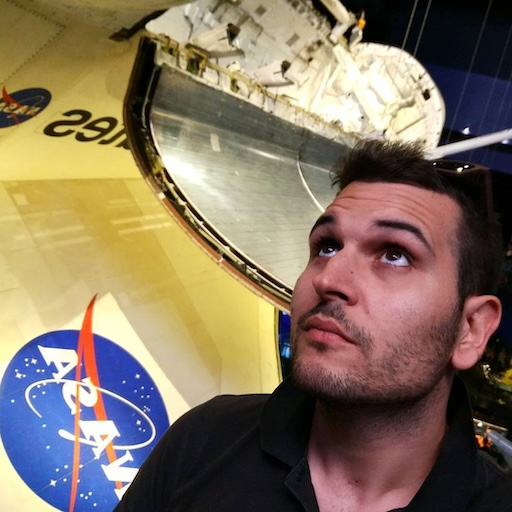
Dr. Mattia G. Campana
National Research Council of Italy, Italy
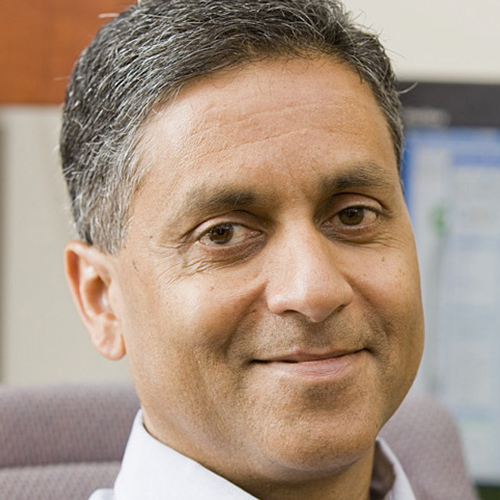
Prof. Nikil Dutt
University of California, Irvine, USA
Techincal Program Committee
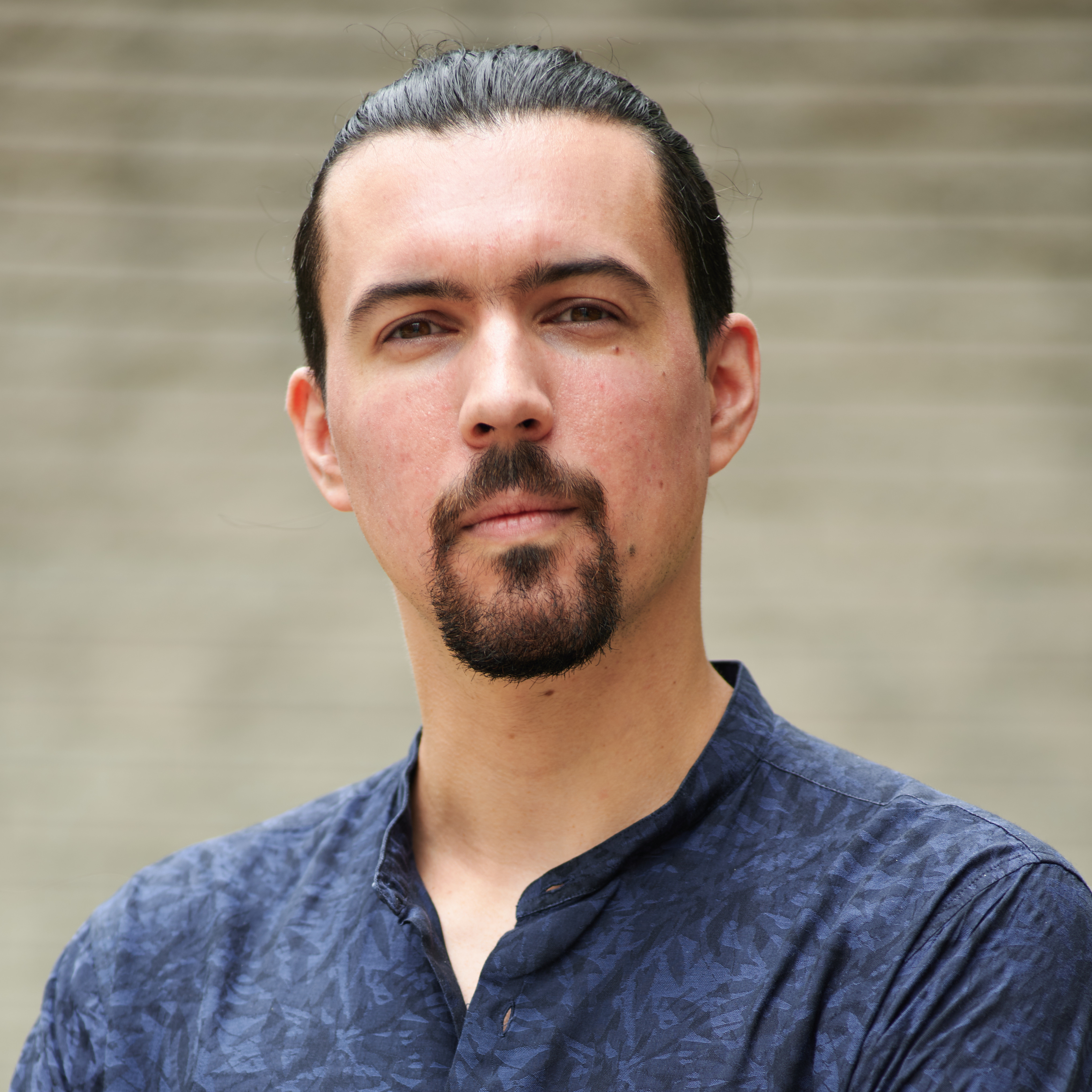
Dr. Tristan Braud
HK UST, Hong Kong

Prof. Shan Lin
Stony Brook University, NY, USA

Prof. Lik-Hang Lee
HK Polytechnic University, Hong Kong
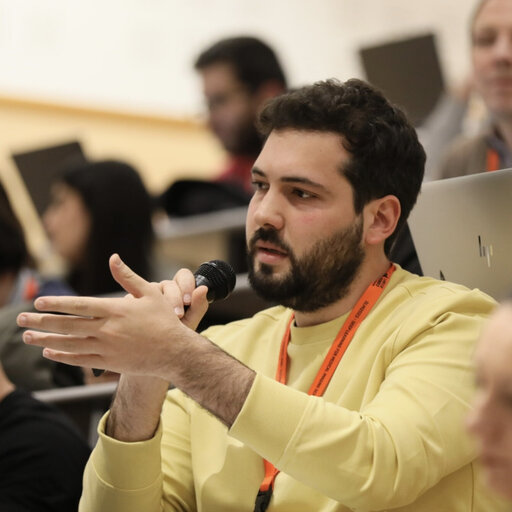
Dr. Marco Colussi
University of Milan, Italy

Dr. Hyunjung Gloria Kwak
Emory University, Atlanta, Georgia, USA
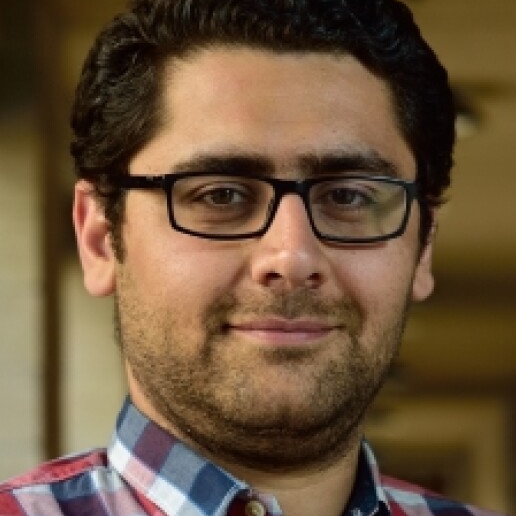
Prof. Iman Azimi
University of Turku, Finland
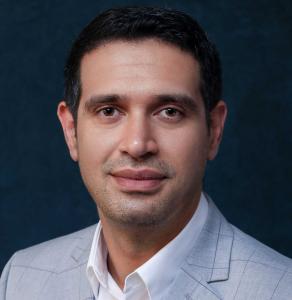
Prof. Amir Rahmani
University of California, Irvine, USA
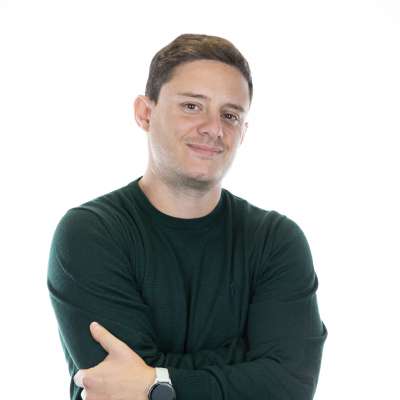
Dr. Flavio Di Martino
National Research Council of Italy, Italy
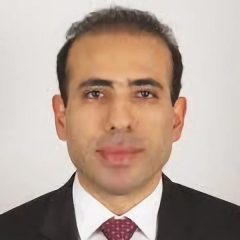
Prof. Farshad Firouzi
Arizona State University, USA
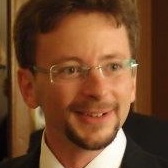
Dr. Giovanni Ansaloni
EPFL, Switzerland
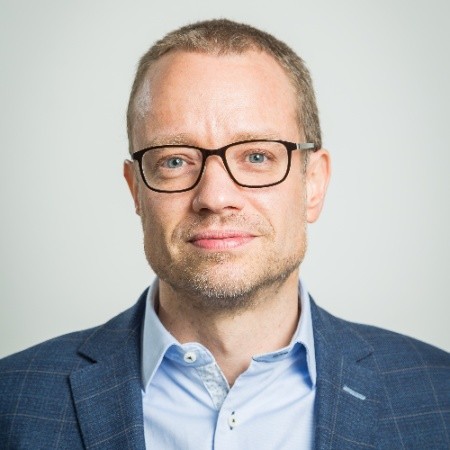
Prof. Pasi Liljeberg
University of Turku, Finland
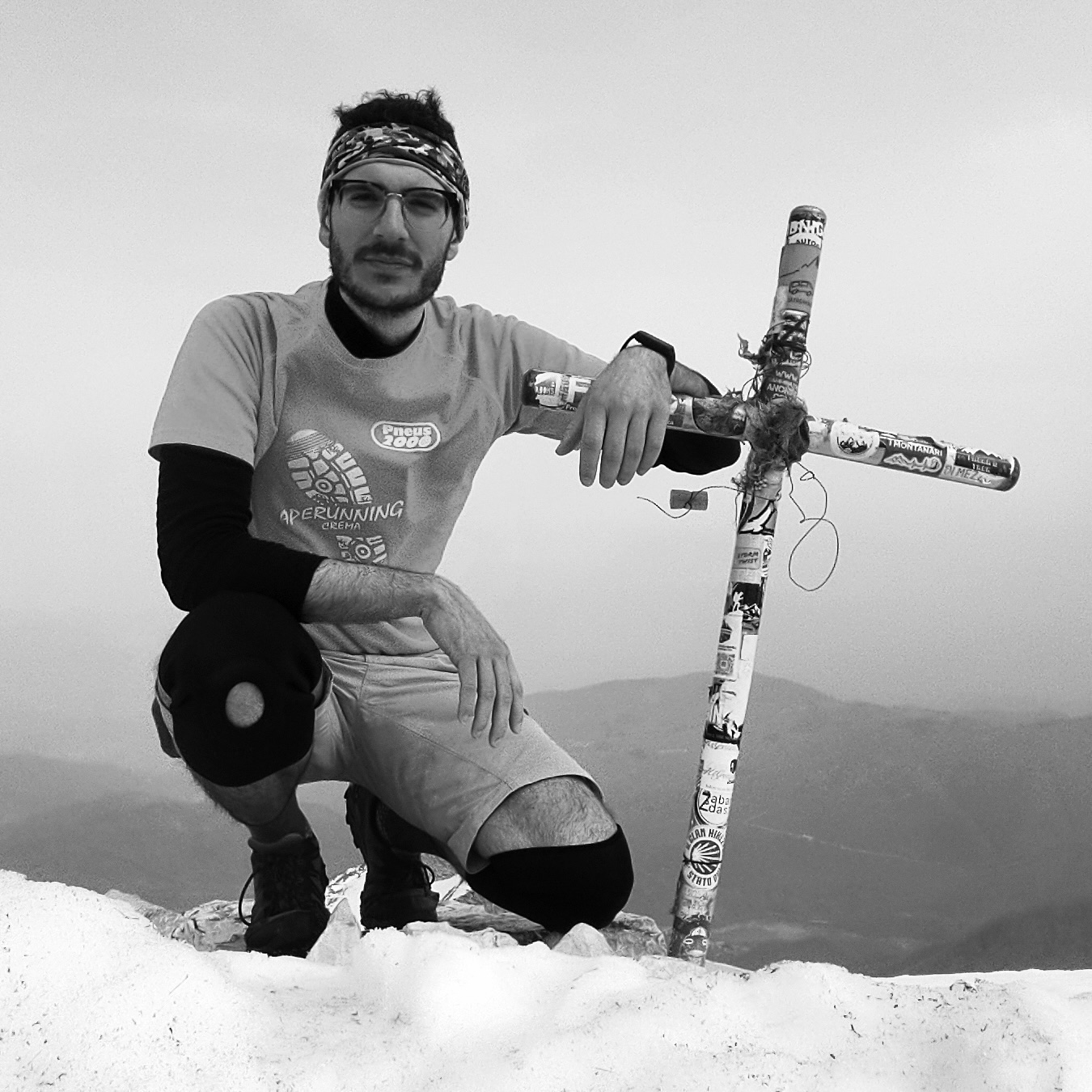
Mr. Michele Fiori
University of Milan, Italy
Publicity Chairs
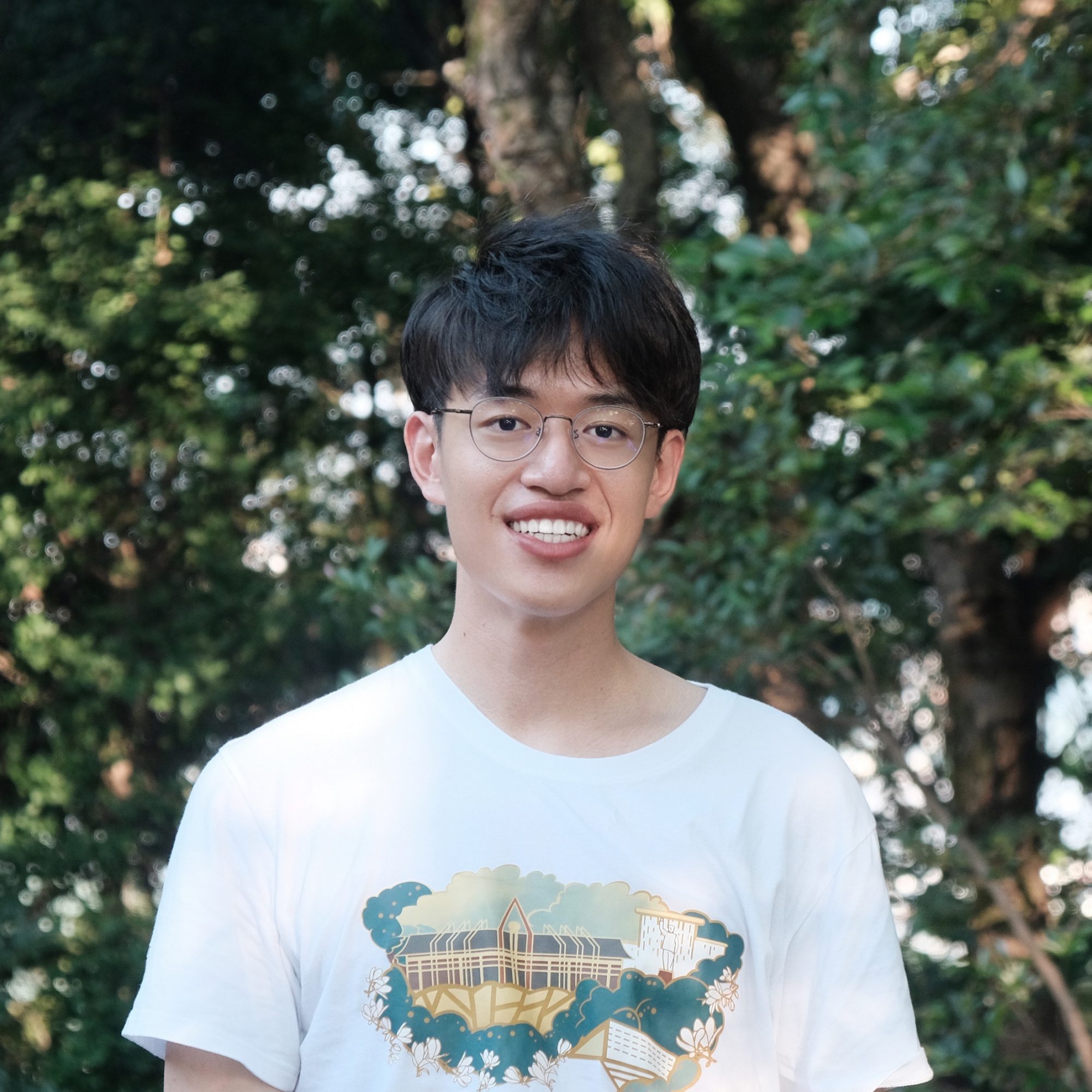
Ziyu Wang
University of California, Irvine, USA
Contacts
For further information or questions concerning the workshop, please contact the workshop organizers.
Email: dm-smarthealth@iit.cnr.it
